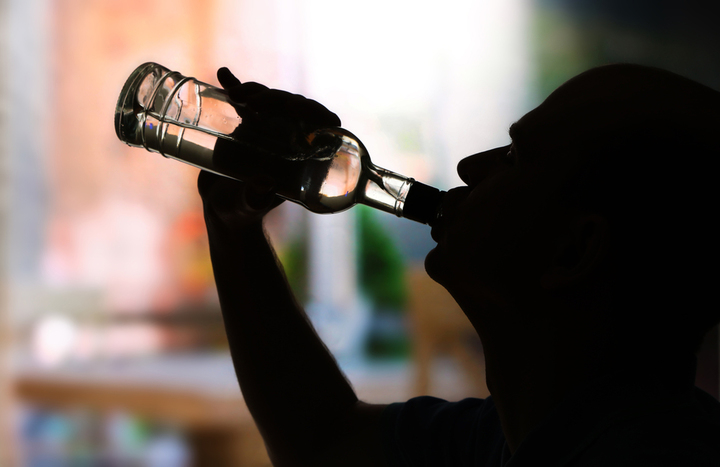declined cravings and a better overall perception toward their self-restraint against drinking.
“It’s the first study looking at this particular medication in people with alcohol problems,” he said. “It’s certainly too early to say if this is going to be the next great treatment for alcoholism, but anytime there are some promising results, people struggling with their alcohol use should be excited to see that there may be a new drug that’s safe.”
Ibudilast also appeared to show more promise in patients that experienced higher levels of depressive symptoms, which is more common among those with alcohol use disorder.
“This doesn’t mean that these individuals had depression and alcohol use disorder, it just means that they had higher depressive symptom mentology,” he clarified. “What that may mean is that this drug is most effective in individuals who have an alcohol use disorder but also have maybe higher levels of negative affect associated with the disorder.”
The UCLA researchers have already submitted a grant request to operate a larger clinical trial that will use subjects actively looking to treat their alcohol addiction.
“Hopefully, our results will inspire others to start examining the neuroimmune system for the potential treatment of not just for alcoholism but for other addictive and psychiatric disorders and inspire more research to try to understand its role in the development of alcoholism,” Roche said.
















